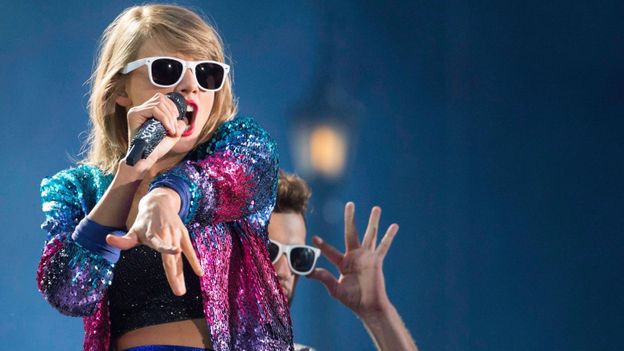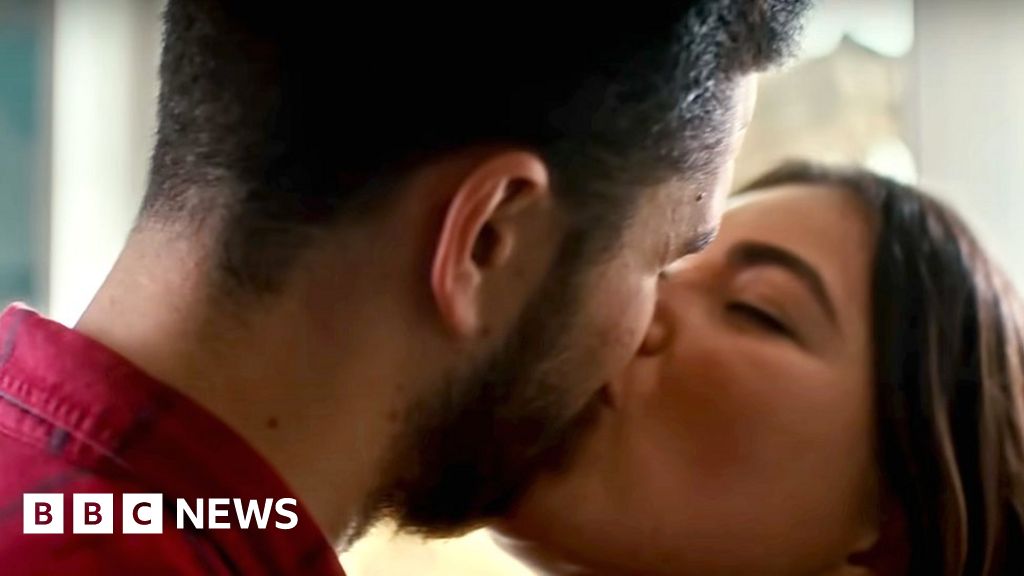One way in which the street poets anticipated hip-hop is that they were deemed politically dangerous. Unlike NWA or Eminem, they lacked the commercial impact to inspire boycotts and White House denunciations (“We didn’t make a dime,” said Hamilton) but they certainly attracted hostile attention in the shadows. “We were on President Nixon’s list, the defence department list, the national security list,” Last Poet Umar Bin Hassan told me in 2010. “It kind of blew my mind.” In 1973, the Watts Writers Workshop was burned to the ground by a trusted employee who turned out to be an FBI infiltrator.
Looking back, Hamilton told me that the street poets shared a common impulse with hip-hop: “We were vomiting. We had a stomach full of pain. We were expressing what we thought, what we felt, what our people thought, what they felt. It wasn’t just rage – it had a lot to do with love and trying to understand what was happening to us.”
Hassan, however, was less charitable. “The difference between us and hip-hop is we had direction, we had a movement, we had people who kept our eyes on the prize,” he said. “We weren’t just bullshitting and jiving”.
The stubbornly solitary Scott-Heron, meanwhile, always downplayed his alleged influence. In 2010, two years before his death, the New Yorker asked him what he thought when people called him a rap trailblazer. “I just think they made a mistake,” he replied.
If you would like to comment on this story or anything else you have seen on BBC Culture, head over to our Facebook page or message us on Twitter.
And if you liked this story, sign up for the weekly bbc.com features newsletter, called The Essential List. A handpicked selection of stories from BBC Future, Culture, Worklife and Travel, delivered to your inbox every Friday.
#Poets #Watts #Prophets #radical #hiphop #pioneers #written #history


